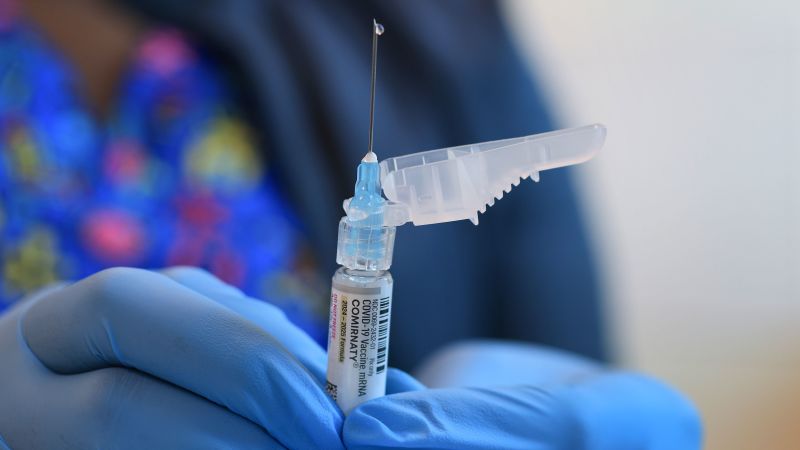
Health and Human Services Secretary Under Scrutiny for Vaccine Policies
Opinion | 9/10/2025
Health and Human Services Secretary Robert F. Kennedy Jr. came under scrutiny during a September 4, 2025 hearing before the Senate Finance Committee. The focus was primarily on Kennedy’s vaccine policies, notably his views on COVID-19 vaccines and mRNA technology. Kennedy’s assertions during the hearing have raised concerns among experts, with some labeling his statements as misguided and lacking scientific basis.
During the hearing, Kennedy faced intense questioning from senators regarding his stance on mRNA vaccines. One unnamed health expert remarked, “Kennedy’s promotion of unverified claims regarding mRNA vaccines is concerning and could potentially mislead the public.” The expert emphasized the importance of relying on evidence-based science when shaping public health policies.
Kennedy’s viewpoints on mRNA vaccines have sparked debate within the scientific community. While some argue that his skepticism towards mRNA technology is unfounded, others caution that such unfounded claims could undermine public trust in vaccines. The debate underscores the importance of ensuring that public health policies are grounded in validated scientific research and data.
Historically, mRNA vaccines have played a pivotal role in combating infectious diseases, including the COVID-19 pandemic. Experts emphasize that these vaccines have undergone rigorous testing and have been proven safe and effective in preventing the spread of diseases. Any misinformation or misinterpretation of the science behind mRNA vaccines could have far-reaching implications for public health.
As the discussion around Kennedy’s statements continues, it remains crucial for policymakers and public health officials to prioritize evidence-based decision-making. The integrity of public health policies hinges on accurate and scientifically supported information. In the realm of vaccines and infectious diseases, ensuring that policies are guided by sound science is paramount to safeguarding public health and well-being.


